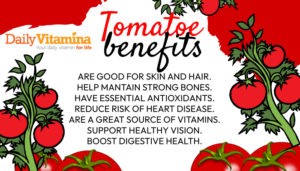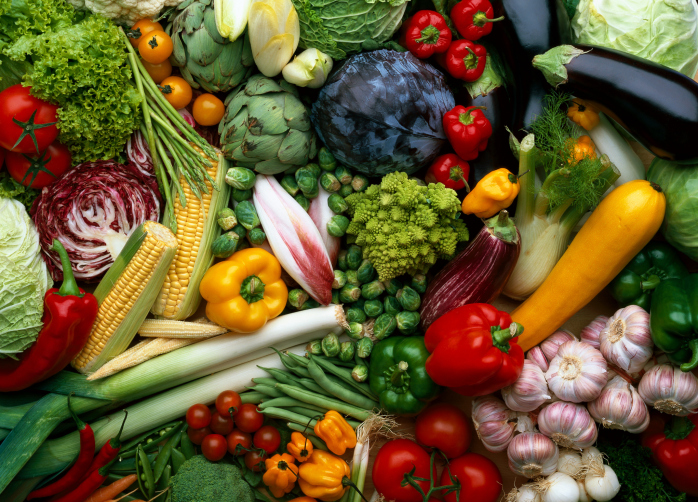The story of the tomato’s aphrodisiac power began with a wealthy Italian aristocrat with many romantic affairs. One day, he bought tomatoes and was so excited by the stimulating effects that he began prescribing them to his friends. And the news reached all corners of Europe.
The tomato had a terrible reputation in North America, but finally, its taste convinced the citizens. It may have received a big boost from an unexpected source: the founder of Independence, Thomas Jefferson. Mister Jefferson grew tomatoes, while his daughters and granddaughters used them in numerous recipes, including soups.
In 1824, in a speech to an Agricultural Society, Jefferson’s son-in-law, Thomas Mann Randolph, mentioned that tomatoes had hardly been known for ten years before, but that everyone ate them.
In addition to the theory of Jefferson as the promoter of the tomato, some anecdotes are equally historically suspect but entertaining. Colonel Robert Gibbon, in 1830, attempted to eat 30 tomatoes outside a building, where a crowd wanted to watch him as he “foamed at the mouth.” The colonel died not from eating so many tomatoes, but from prolonged exposure to heat.
What Jefferson and his family helped start, Joseph Campbell became successful. The tomato as food progressed throughout the 19th century until Campbell launched condensed tomato soup in 1897.
Have you ever wondered why, in America, we consider a tomato a vegetable, even though it is a fruit? You can blame it partly on the U.S. Supreme Court and government greed. In 1887, U.S. law imposed a 10% tariff on vegetables, but not on fruits. A tomato importer sued the New York tax collector, arguing that tomatoes, being “really” fruits, should be exempt from the tax.
However, the nation’s highest court ruled in 1893 that the tomato was a vegetable and therefore subject to the duty. Justice James Gray wrote, “From a botanical perspective, tomatoes are the same as cucumbers, pumpkins, beans, and peas.”
![]()
Tomatoes are a popular and versatile vegetable, but there is some debate about whether they are good or bad for your health. Tomatoes are high in vitamins, minerals, and other nutrients that can benefit health. They are a good source of vitamins A and C, and are high in dietary fiber. They also contain various phytochemicals, such as lycopene, which may help reduce the risk of some types of cancer. On the other hand, tomatoes are acidic and may cause heartburn or stomach upset in some people. They are also high in natural sugars, which can be a problem for diabetics or those who want to lose weight.
________

Lycopene. Aphrodisiac. Tomato.







